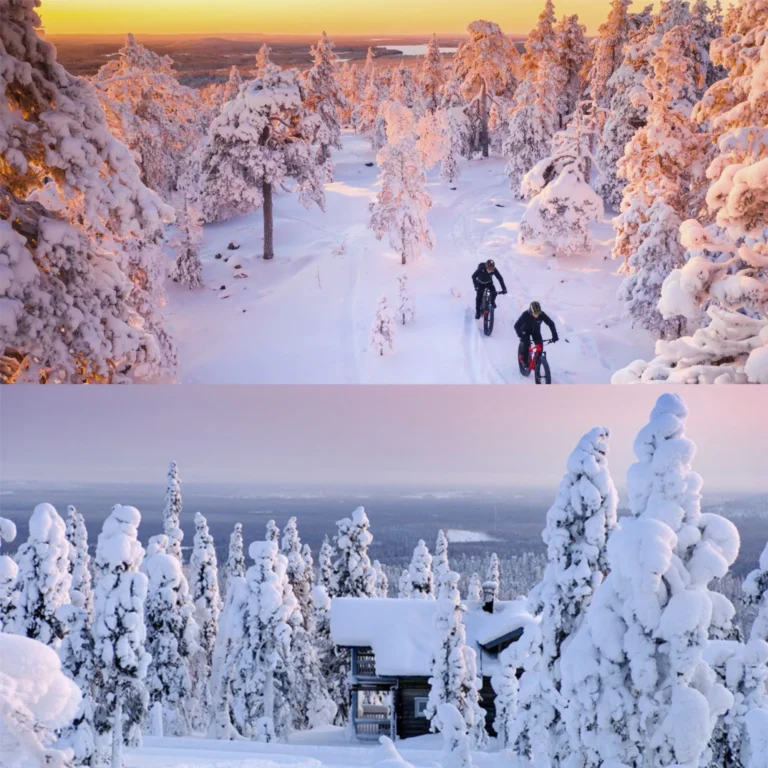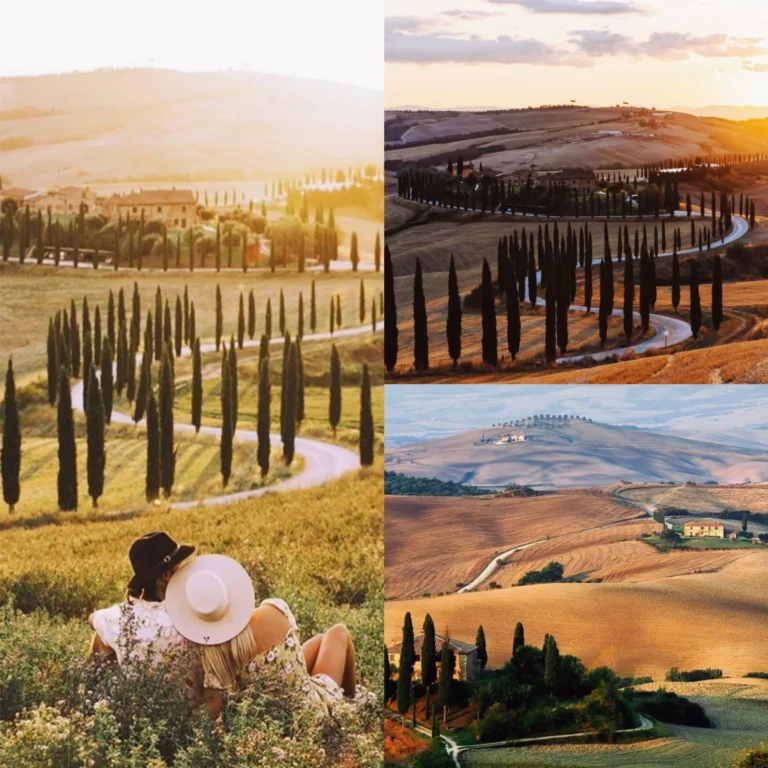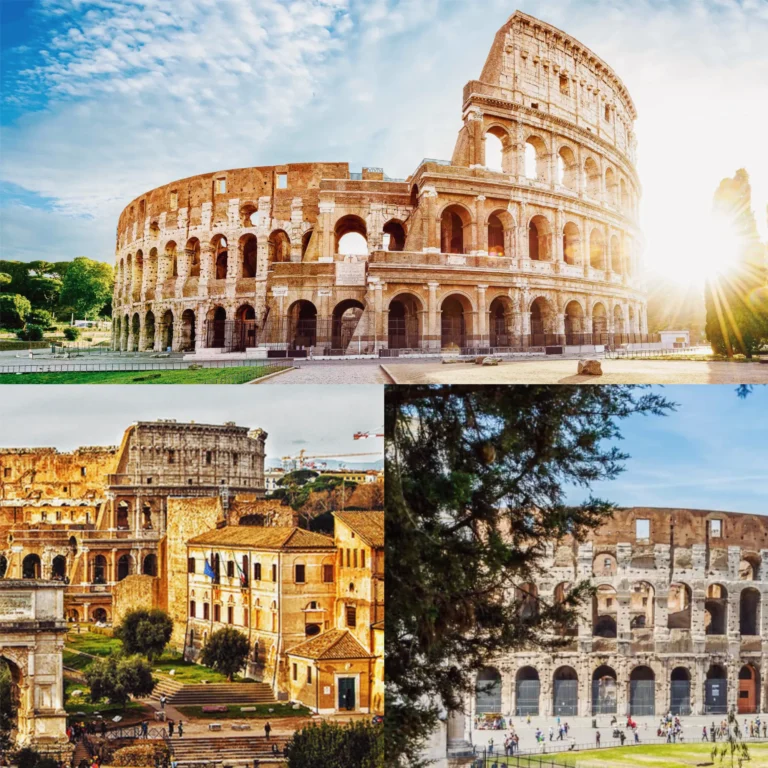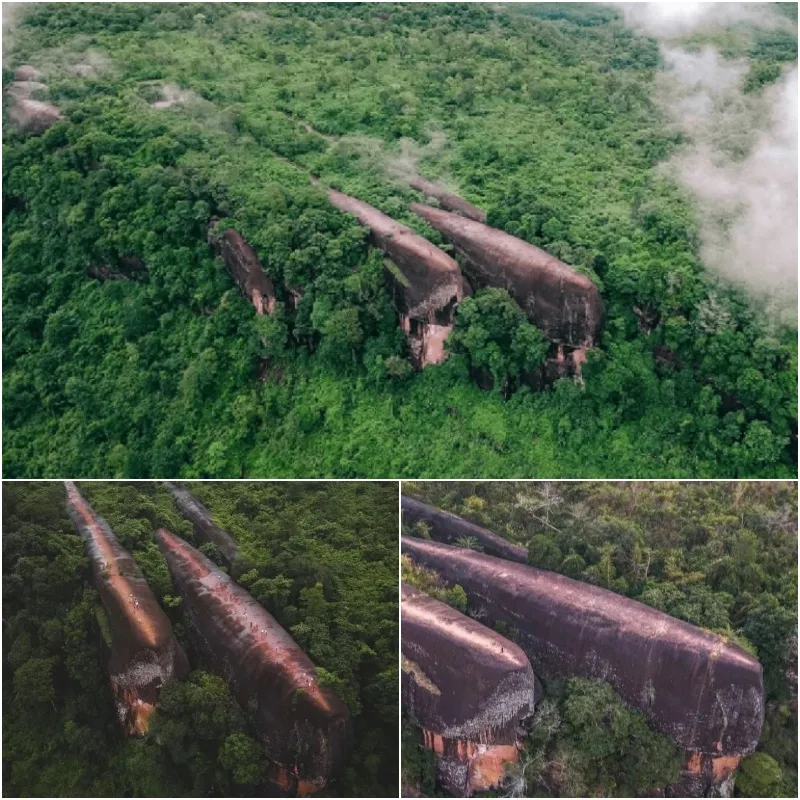
Three Whale-Shaped Rocks Attract Visitors in Thailand
Hin Sam Wan, located in northeastern Thailand, is home to three massive whale-shaped granite rocks over 75 million years old, attracting visitors from around the world.
Situated in Bueng Kan province, more than 750 km from Bangkok, Hin Sam Wan has become a popular destination for international tourists. From a distance, the three giant rocks resemble blue whales, though some people think they look like fallen spaceships.
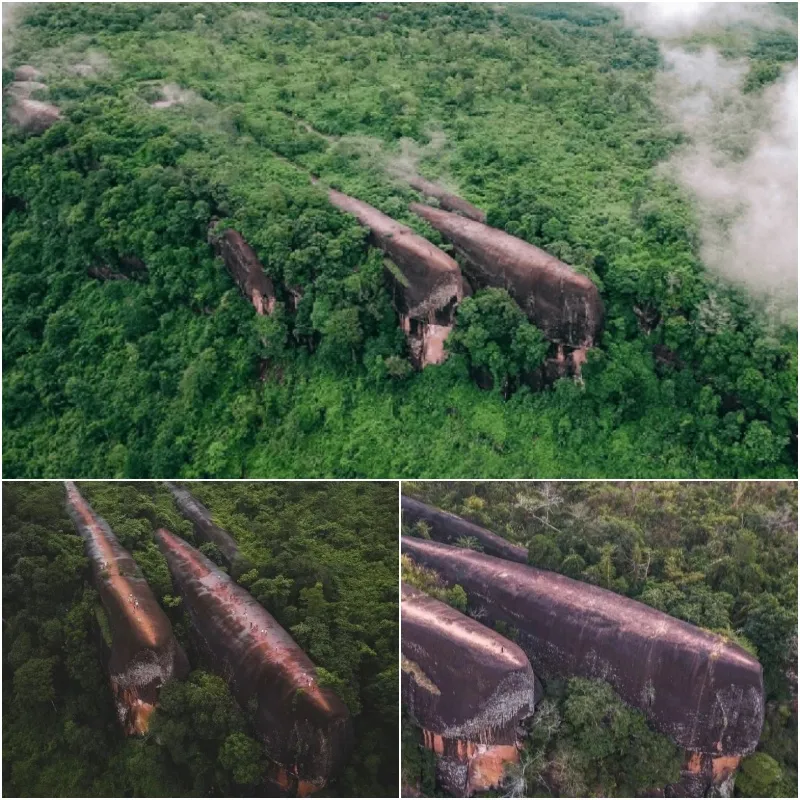
One of the most beloved activities here is watching the sunrise from the “whale’s back.” From the top of these rocks, visitors can enjoy breathtaking views of the Mekong River and the mountains in Pakkading district, Laos. According to local legend, three giant whales once appeared in this area and were considered guardian deities by the villagers. One day, the whales swam close to a fishing boat and became entangled in the nets. The fishermen, upon realizing this, cut the nets to free the whales. The whales then disappeared into the ocean and never returned. In honor of these divine whales, the three massive rocks were named Hin Sam Wan, meaning “Three Whale Rocks,” and they remain revered by locals to this day.
Near the whale rocks is a community museum for visitors interested in Isan culture. The Isan community, which numbers around 22 million people, primarily resides in northeastern Thailand and Laos, with its own unique language and culture. The museum features a traditional Isan-style house, a local market, and a street art area depicting the Naga serpent—a protective deity of the Mekong River. Local artisans and craftsmen often sell their goods at the market on Saturdays.
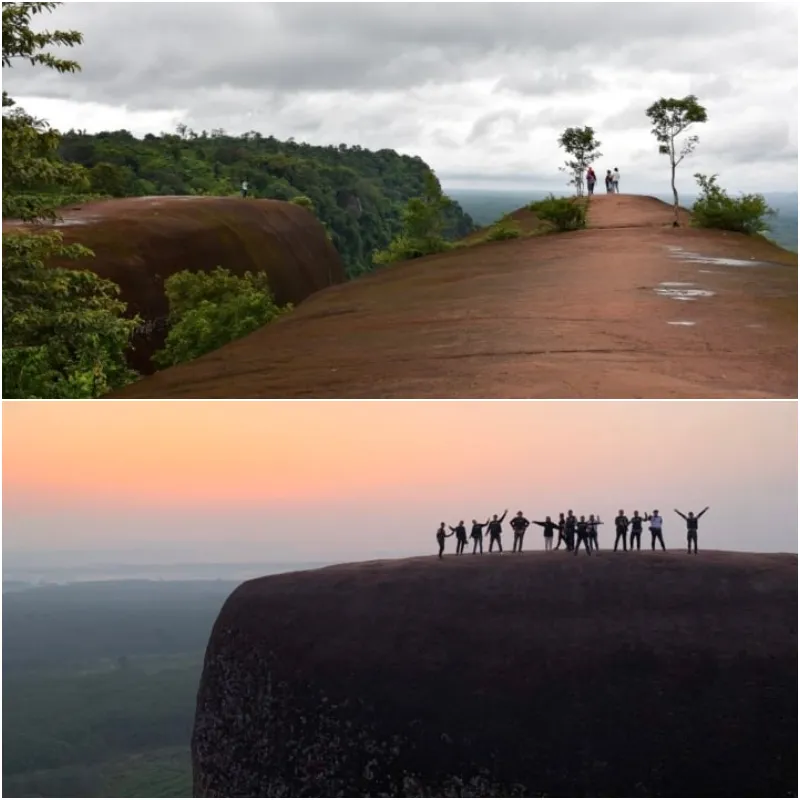
Phu Sing Gate is another popular spot near Hin Sam Wan, leading to two other scenic points: Sang Roi Bor and Sam Phan Bok in Ubon Ratchathani province, where visitors can explore shallow ground pits. Near Phu Sing Gate stands the golden Luang Pho Phra Sing Buddha statue, perched on a rock pedestal. Nearby, a temple welcomes visitors all day, with a room dedicated to Isan Buddhist crafts that depict the journey from life to death.
Julie Hambleton, a Canadian travel blogger, suggests taking a car from Phu Sing Park, costing 500 baht (around $14) round-trip, as the route can be dangerous for drivers unfamiliar with the terrain. The car can accommodate up to 10 people, allowing travelers to share the cost with others. Visitors are advised to leave the forest before 5 p.m. as the trails are long, muddy, and the sky darkens quickly during the rainy season.
